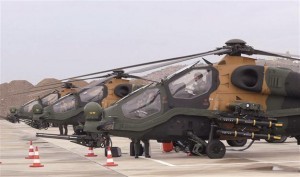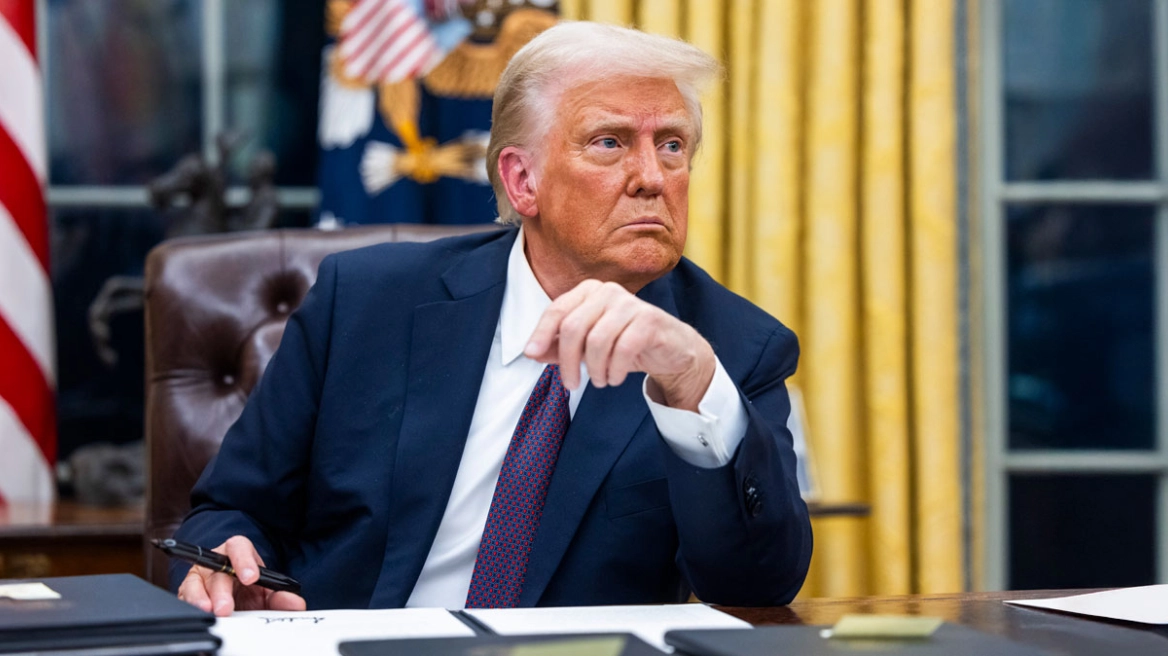Turkey’s defense and procurement officials are expecting to finalize a large defense export contract with Saudi Arabia, but its contents will be kept top secret.
Turkish Defence Minister Fikri Isik has said the defense export contract with Saudi Arabia will be the largest-ever single export deal for the Turkish industry.
A senior procurement official refused to comment on the content: “It is too early to reveal what the contract would entail.” But he confirmed that “negotiations with the Saudis are in their final phase now.”
One defense industry source speculated that the deal may involve naval platforms.
Saudi Arabia is among Turkey’s top 10 defense export markets, but its purchases from the Turkish industry are minor — worth less than $50 million a year.
Turkey and Saudi Arabia discussed defense industry cooperation at a top-level meeting in the Saudi capital at the end of 2015 during Turkish President Recep Tayyip Erdogan’s state visit to Saudi Arabia. Erdogan said that the most important steps Turkey and Saudi Arabia were committed to take were in the fields of “commerce and defense industry.”
Turkey views the Saudi kingdom as an important Sunni ally. Both countries back Syrian opposition fighting to oust Syria’s non-Sunni president, Bashar Assad.
Meanwhile, Turkey’s defense minister said his government was working on a broad plan to boost Turkish defense and aerospace exports. He admitted that financing was often a major problem for potential markets.
Turkey, he said, would launch a new lending mechanism outside the scope of Eximbank loans in order to finance Turkish exports. Eximbank is a state-owned export credit bank in Turkey.
Turkey is also expected to open liaison offices in potential markets, boost medium-sized defense companies and discuss barter trade with the buyers of defense equipment.
Turkey’s defense and aerospace exports have almost doubled since 2011, from $883 million then to $1.68 billion last year. But exports in 2016 remained largely flat, from $1.65 billion in 2015 and posting a rise of only 1.4 percent.
Ask me anything
Explore related questions





